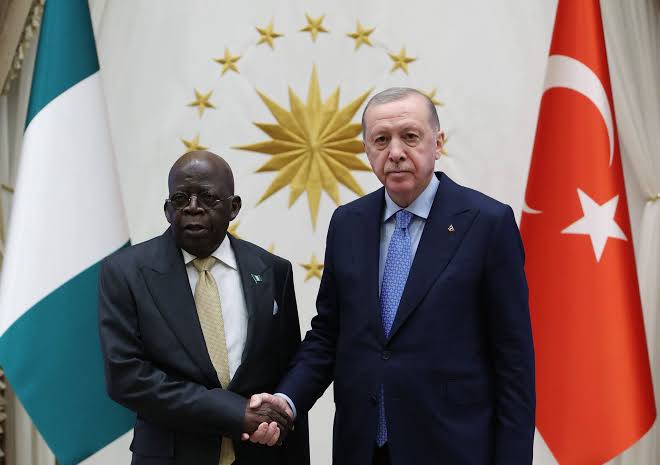The Shipping Association of Nigeria has raised alarm over the growing financial burden caused by excessive dollar transactions in the country’s maritime sector.
Speaking at a press conference over the weekend at the Lagos Yacht Club, Victoria Island, SAN Chairperson Mrs. Boma Alabi (SAN) highlighted how exchange rate disparities between the naira and the US dollar are negatively impacting businesses.
Alabi, who also leads the Shipping, Shipping Agencies, Clearing, and Forwarding Employers Association, criticized the widespread use of the dollar for transactions within Nigeria’s maritime industry.
“This issue stems from the disparity between the naira and the dollar. Shipping companies are collecting payments in dollars, and ultimately, this is depleting resources,” she said.
She called for an end to the dollarization of the economy, questioning why payments to government agencies and shipping lines must be made in foreign currency.
“Stop dollarising our economy. Why are you collecting in USD in Nigeria? Why is the Nigerian government collecting in USD? Shipping lines should receive payments in naira and source their dollars independently,” she stated.
Beyond dollar transactions, Alabi also emphasized the urgent need for port expansion, warning that Nigeria’s ports will struggle to remain competitive if operational costs remain high.
Echoing her concerns, Mr. Ramesh Saraf, Deputy Managing Director of CMA CGM Shipping Company, urged the government to introduce measures that would support businesses in the sector.
Comparing Nigeria’s port performance with Ghana’s, Saraf noted that the Meridian Ports Service Ltd., which operates Terminal C at Tema Port, handled 1.9 million twenty-foot equivalent units in 2024, whereas Nigerian ports only managed 1.2 million TEUs in the same period.
He also pointed out the high cost of port operations in Nigeria, particularly at the Lekki Deep Sea Port, which began operations in April 2023.
“The cost of operating in Lekki Deep Sea Port is three times higher than in other ports worldwide, discouraging business activity,” Saraf said.
The concerns raised by industry leaders highlight the urgent need for policy reforms to enhance Nigeria’s maritime sector and reduce the financial strain on stakeholders.









